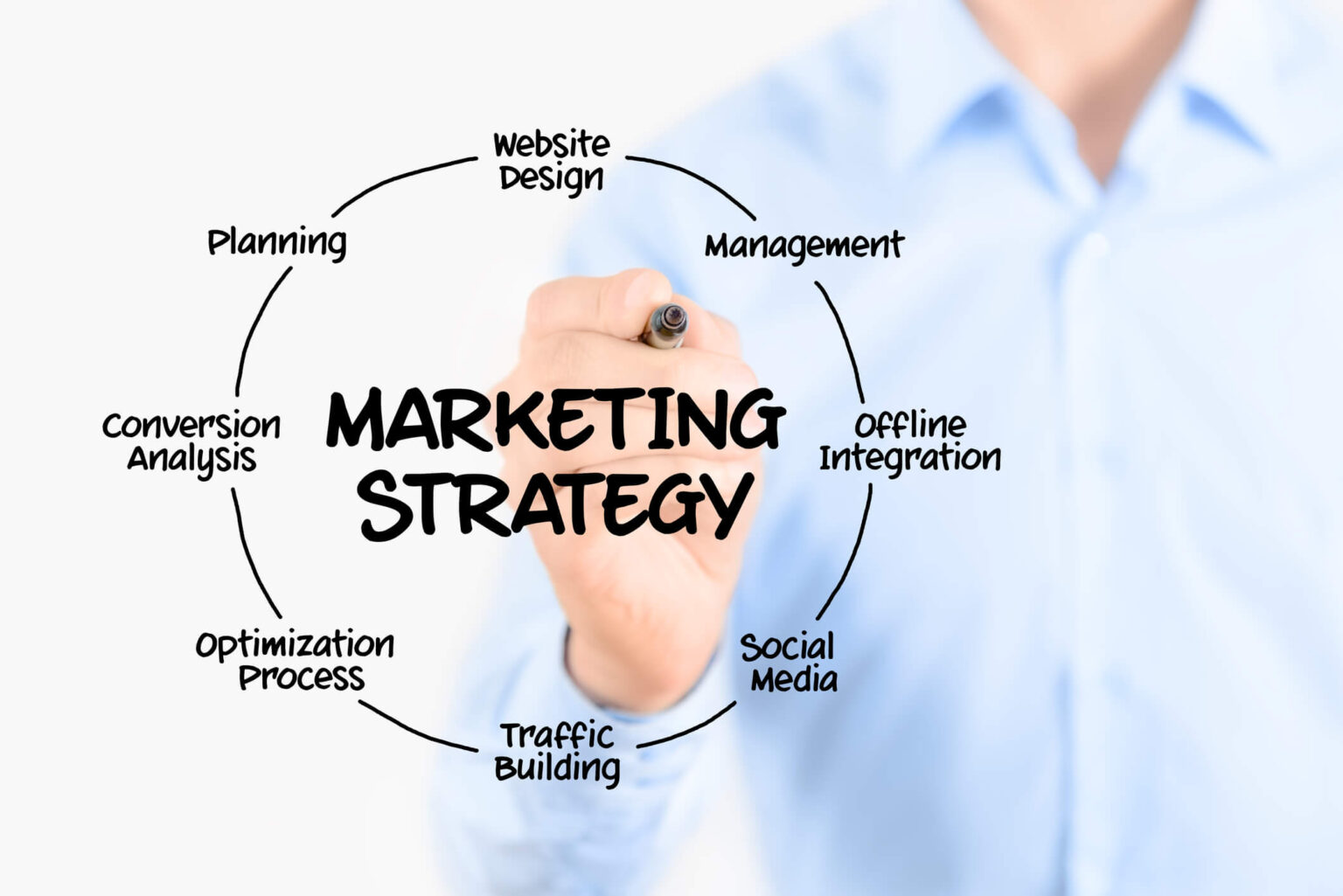In today’s hyper-competitive marketplace, a well-crafted marketing strategy is not just a luxury—it’s a necessity. Businesses that thrive understand that marketing is more than sporadic campaigns or flashy ads; it’s a strategic blueprint that aligns with organizational goals, resonates with audiences, and adapts to evolving trends. But what makes a marketing strategy truly effective? Let’s explore the components, measurement tactics, and real-world applications that separate successful strategies from the rest.
Key Components of an Effective Marketing Strategy
- Audience-Centric Approach:
Understanding your target audience is the cornerstone of any strategy. Effective marketers conduct thorough research to uncover demographics, pain points, and behavioral patterns. Tools like surveys, social listening, and CRM analytics help tailor messaging to meet customer needs. - Clear Objectives:
Goals must be specific, measurable, and time-bound. Whether boosting brand awareness by 30% in six months or increasing sales by 20% quarterly, objectives guide tactics and resource allocation. - Multichannel Integration:
Modern consumers interact with brands across multiple touchpoints—social media, email, websites, and physical stores. A cohesive strategy ensures consistent messaging across channels, enhancing reach and reinforcing brand identity. - Data-Driven Decision Making:
Leveraging analytics tools (e.g., Google Analytics, HubSpot) allows marketers to track performance in real time. Data insights refine campaigns, optimize budgets, and predict trends. - Brand Consistency:
A unified brand voice and visual identity build trust. Whether through storytelling, tone, or design, consistency fosters recognition and loyalty.
Measuring Effectiveness: Metrics That Matter
To gauge success, marketers rely on KPIs:
- Return on Investment (ROI): Calculated as (Revenue – Marketing Cost) / Marketing Cost.
- Customer Acquisition Cost (CAC): Highlights spending efficiency to gain new customers.
- Conversion Rates: Measures the percentage of prospects taking desired actions (e.g., purchases, sign-ups).
- Engagement Metrics: Social media interactions, email open rates, and website dwell time reflect audience interest.
- Brand Lift: Surveys and sentiment analysis assess awareness and perception changes.
Case Studies: Strategies in Action
- Apple’s “Shot on iPhone” Campaign: By encouraging user-generated content, Apple turned customers into brand ambassadors, driving a 15% sales increase and strengthening community ties.
- Nike’s Personalization Engine: Using AI and customer data, Nike delivers tailored product recommendations, boosting online sales by 30%.
- Coca-Cola’s “Share a Coke”: Personalizing bottles with names sparked emotional connections, leading to a 2% rise in U.S. sales after a decade of decline.
Challenges in Evaluating Effectiveness
- Attribution Complexity: With multichannel journeys, attributing conversions to a single touchpoint is tricky. Multi-touch models offer a holistic view but require advanced analytics.
- Short-Term vs. Long-Term Goals: Balancing immediate sales with brand-building efforts (e.g., content marketing) demands strategic patience.
- Evolving Consumer Behavior: Rapid technological shifts and cultural trends require agile strategies that pivot quickly.
Future Trends Shaping Marketing Effectiveness
- AI and Predictive Analytics: Machine learning automates customer segmentation and predicts behaviors, enabling hyper-personalized campaigns.
- Sustainability as a Differentiator: Eco-conscious consumers favor brands with authentic green initiatives, making sustainability a core marketing pillar.
- Interactive Content: Quizzes, AR experiences, and live streams engage audiences actively, fostering deeper connections.
Effectiveness of Marketing Strategy is dynamic, data-informed, and deeply aligned with customer values. By focusing on audience needs, embracing innovation, and continuously measuring outcomes, businesses can navigate challenges and seize opportunities. In an era where change is constant, the brands that succeed will be those that view marketing not as a cost, but as an investment in lasting relationships and sustainable growth.

















